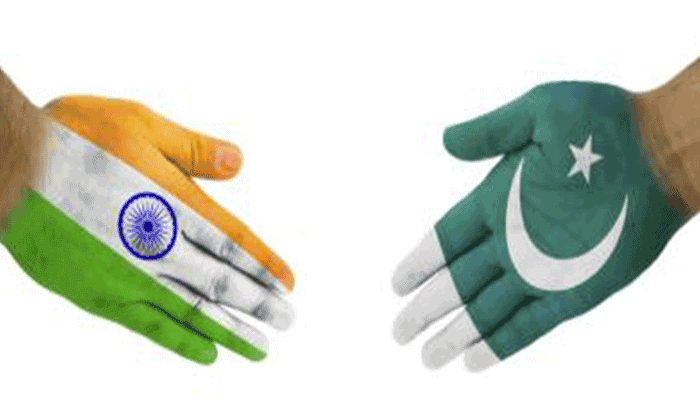
Pakistan had approached the World Bank, complaining that India was violating the Indus Water Treaty with its Kishanganga Hydroelectric Project.
After lingering on the issue for two years, the World Bank (WB) has asked Pakistan to withdraw its plea for setting up a ‘Court of Arbitration’ and accept India’s proposal to appoint a neutral expert on the issue of Kishanganga and Ratle hydroelectric projects.
According to the source, Attorney General for Pakistan (AGP) office on Thursday received a letter, in which the WB informed Pakistan that it is ready to appoint a neutral expert to examine the issue if Pakistan gives up its demand for establishing of ‘Court of Arbitration’
Last month, the AGP Ashtar Ausaf Ali led a delegation for a two-day meeting with the WB officials, to discuss Kishanganga and Ratle hydroelectric projects under the Indus Waters Treaty
However, sources said Pakistan is upset over the WB’s ‘discriminatory attitude’ and its continuous support to India in the last two year.
“It is evident from the facts that the WB deliberately lingered on the issue so that Pakistan could be denied opportunity to get stay order on the construction work on Kishanganga,” said a senior official, who was part of the negotiation with the bank since July 2016.
Meanwhile, sources revealed that the decision on the WB’s recommendation to accept India’s proposal for appointment of a neutral expert will be taken by the government but that might not be possible for the caretaker government, therefore, matter can be referred to next elected government.
Official sources also said it would also not be possible for Pakistan to accept the proposal as it would become a precedent for resolving other water disputes and the Court of Arbitration would not be established. Those water disputes would be more significant for Pakistan than the present project.
The legal experts, who are well aware of the whole issue, are convinced that United States is fully backing the WB for supporting India. They said there is evidence to establish that the US halted the process for establishing Court of Arbitration for favouring India so that it could easily complete the project. However, lawyers believe it is good for Pakistan as the WB has given an option for the first time.
READ ALSO: What is the Indus Water Treaty? And why it is a hot topic?
Giving background on the issue, a senior official said the Kishanganga dam project was started in 1993, when India started its construction and Pakistan rejected its design.
However, when India started work on it in 2010, Pakistan approached the WB against the project, saying that its design is the violation of Indus Water Treaty of 1960. The WB’s tribunal observed that India can use water of three western rivers but it cannot divert water.
On account of tribunal’s findings, India started construction but Pakistan once again expressed dissatisfaction over the design and approached the WB in July 2016 for establishing a tribunal.
However, India contended that it is not a case of the tribunal and it proposed the appointment of a neutral expert to examine the design of the project. The WB had decided to adopt both legal options proposed by India and Pakistan.
Even the process regarding the appointment of arbitrators was also started in November 2016.
In December 2016, Pakistan was astonished to receive a letter from the WB president, who said he had decided to ‘pause’ the process regarding the appointment of tribunal members and neutral expert till January 2017.
According to the president, he took this step in the interest of both states to provide a window for resolving the matter amicably. Interestingly, the bank did not halt India to stop construction of the project.
The official reveals that since December 2016, several sessions were held between India and Pakistan on secretaries’ level to resolve the issue but in vain due to India’s rigid attitude
“In the meantime, we [Pakistan] remanded World Bank several times with evidences that India is exploiting the situation and completing the project but the bank did not pay attention.
“The motive behind the bank’s president to declare ‘pause’ on the situation was to give favour to India so that it could easily complete the project,” he added.
During the last session with the WB officials, Pakistan had urged them to mention that India has inaugurated the project in the bank record but they refused to do so, which shows that the WB is working under influence of the India’s lobby.

Post Your Comments